Reflection on holding a workshop in Cervantes Institute – Ervin Ostos
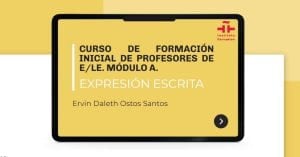 On 17 March, in Istanbul, Ervin Ostos ran a training workshop that is part of the “Initial training course for ELE teachers, Module A”, focused on providing the new Spanish teachers general knowledge related to the different scopes of Spanish Teaching as a Foreign Language. This training was the fifteenth in the series entitled “Written Expression” organized by Cervantes Institute, focusing specifically on written expression. This 4-hour theoretical-practical workshop was divided into four parts.
On 17 March, in Istanbul, Ervin Ostos ran a training workshop that is part of the “Initial training course for ELE teachers, Module A”, focused on providing the new Spanish teachers general knowledge related to the different scopes of Spanish Teaching as a Foreign Language. This training was the fifteenth in the series entitled “Written Expression” organized by Cervantes Institute, focusing specifically on written expression. This 4-hour theoretical-practical workshop was divided into four parts.
In the first part, participants were able to share their experiences and reflections on the different
text typologies, types of texts that normally are written, and the motives that make an individual
write.
In the second part: participants had an approach to the theoretical fundamentals of written skills
and its didactics, reflecting on what´s writing, writing functions, textual unit properties, written
expression strategies, and their implication on teaching. This introductory approach allowed
participants to revisit how it has been considered written expression into different second
language teaching approaches, focusing on text and process-centered approaches.
In the third part of the session, the topic was written skills evaluation, where participants were
introduced to different correction and evaluation tools focusing on evaluation for reflection, self-evaluation, analytical scale, and holistic criteria. Utilizing an analytical scale they were able
to evaluate a learner’s written production.
The last part of the workshop was centered on how to create a written task, starting from how to
sequence it, focused on the action-based program approach, phases in the written model, and types of
activities that can be utilized in every phase. In this stage, participants were able to elaborate a
brief evaluation of two didactic units that include a final written task.
As a final task, participants were asked to create a written task activity following the content
learnt during the workshop.
Based on the participants’ feedback, orally provided, the aim of the workshop was reached. The
design of the practical and theoretical activities was considered understandable and fruitful.
For our instructor, the workshop was delivered successfully, and it was observed that participants’
involvement and motivation were maintained in the different stages of the session. At the same time,
the motivation, expertise, and training gained during the time he has been working in ScOLa, in
MLP has allowed him to successfully share that knowledge efficiently in different presentation
formats such as webinars, conferences, and workshops, training other teachers.

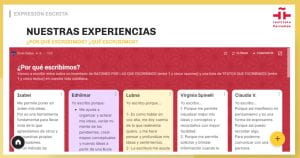
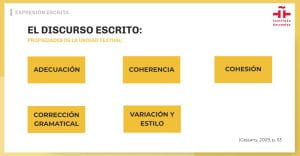

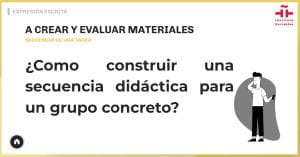
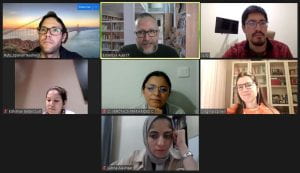
Leave a Reply